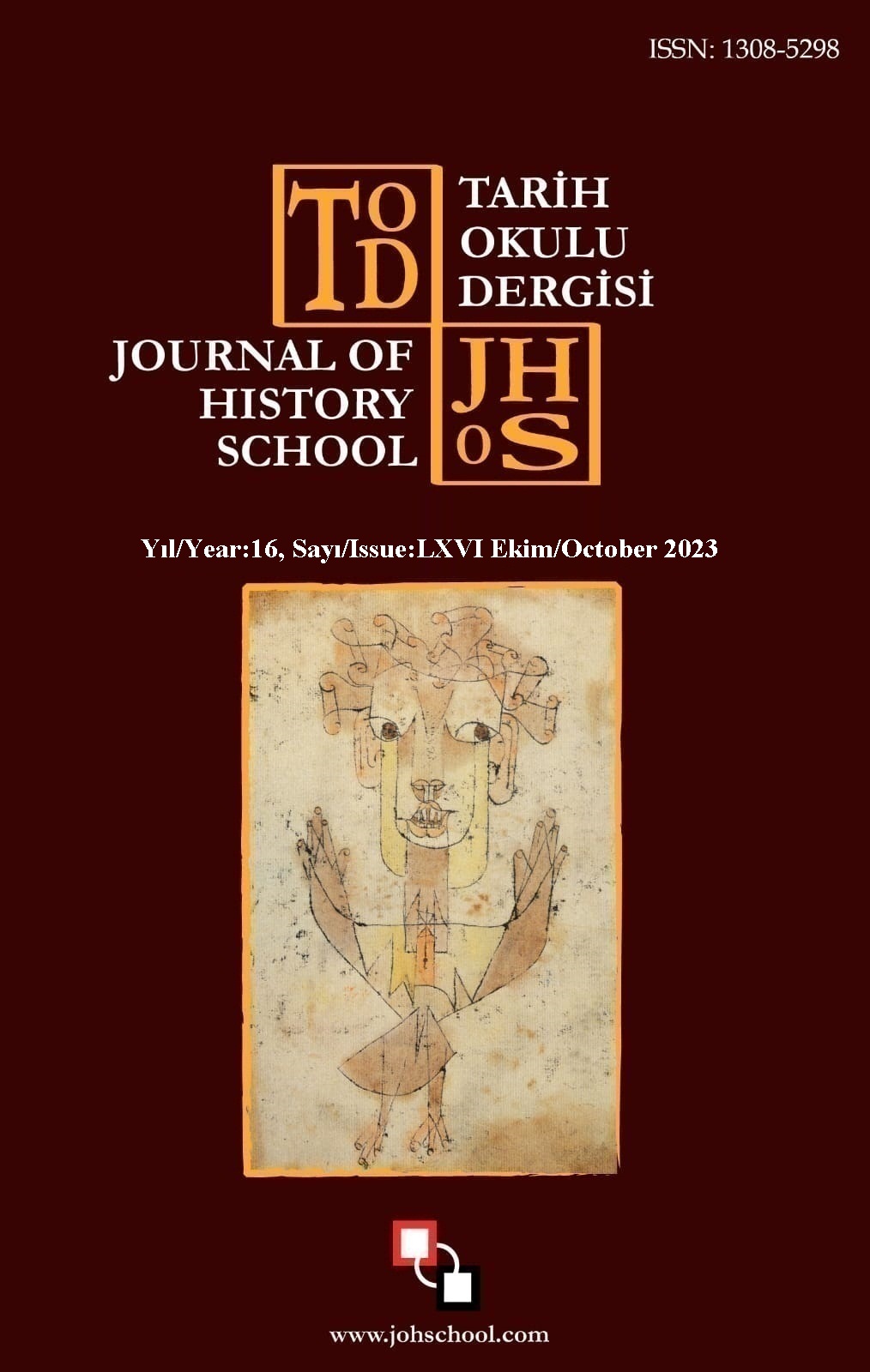Author :
Abstract
Son yıllarda kentleşme, hızlı nüfus artışı ve sanayileşmeyle birlikte doğal kaynaklar üzerindeki baskının hızla artmasıyla ekolojik dengenin bozulduğu görülmektedir. İnsanoğlunun doğal kaynakları hoyratça ve savurganca kullanması, toplumsal refahın yalnızca tüketimle sağlanacağı görüşü, kentleşme ve gelir seviyesindeki artışlar, tüketim alışkanlıklarında meydana gelen değişiklikler kentsel atıkların ortaya çıkmasına neden olmuştur. Tüketim alışkanlığındaki artışların temelde iki önemli problemi ortaya çıkardığı görülmektedir. Bunlardan ilki tüketimde meydana gelen artışın doğal kaynaklar üzerinde yapmış olduğu baskı, bir diğeri ise tüketim sonrasında ortaya çıkan atığın bertarafına ilişkin sorundur. Kentsel katı atıkların ortaya çıkmasını önlemek ve ortaya çıkan bu atıkların atılıp kurtulunması gereken madde olmaktan çıkarıp ekonomik bir değere dönüştürecek ve en önemlisi de sağlıklı bir şekilde bertaraf edilecek Entegre Katı Atık Yönetimine ihtiyaç duyulmaktadır. Bu çalışmada, katı atık yönetimi ve bu kapsamda atık yönetimi hiyerarşisi açıklanarak, Türkiye’de katı atık yönetiminin veriler ışığında ne düzeyde olduğu ve bu süreçte yerel yönetimlerin görev ve sorumluluklarının yasalar çerçevesinde neler olduğuna ilişkin bilgi verilmeye çalışılmıştır. Türkiye’de bu sürecin gün geçtikçe daha sağlıklı bir şekilde yönetilmesine rağmen bazı atık yönetim stratejilerinin verimli bir şekilde kullanılmadığı sonucuna ulaşılmıştır.
Keywords
Abstract
In recent years, it has been observed that the ecological balance has deteriorated due to the rapid increase in the pressure on natural resources with urbanization, rapid population growth and industrialization. The rude and wasteful use of natural resources by human beings, the view that social welfare can only be achieved through consumption, urbanization and increases in income levels, and changes in consumption habits have led to the emergence of urban wastes. It is seen that the increase in consumption habits basically reveals two important problems. The first of these is the pressure on natural resources due to the increase in consumption, and the other is the problem of disposal of waste after consumption. There is a need for Integrated Solid Waste Management to prevent the emergence of urban solid wastes and to transform these wastes from being an item to be disposed of into an economic value and most importantly to be disposed of in a healthy way. In this study, solid waste management and in this context, waste management hierarchy are explained, and information about the level of solid waste management in Turkey in the light of data and what the duties and responsibilities of local governments are in this process are tried to be given. Although this process is being managed in a healthier way day by day in Turkey, it has been concluded that some waste management strategies are not used efficiently.





